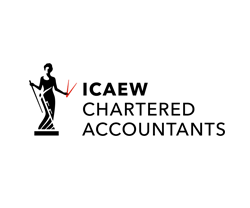February 28th, 2013
The Price is Right!
A good pricing strategy can make or break a business. If you are perceived as being too expensive and offering bad value for money, your sales will suffer. Equally, if you are perceived as being too cheap, you may lose out in revenue terms compared to competitors who are perceived as having desirable “premium” products or services.
Below are some factors to consider when creating a pricing strategy for your business:
Economics of One Unit
Simply put, you need to know what it costs you to produce one unit of your product or service. If you sell cupcakes you should have a full understanding of what it costs you to make one cupcake. If you sell accounting services, you need to understand how much it costs you to produce one tax return.
Overheads
Direct costs are one thing. You also need to factor in your overhead costs. These costs may include renting premises, IT, equipment, light and heat. On top of this you will have staff costs, tax and other costs associated with being in business.
Competitor Pricing
You can only estimate your competitors’ levels of overheads. Some competitors may price low and push for higher volumes of sales. Others may price higher, focus on offering more quality and therefore provide more “perceived value” to their customers but they may not be able to deliver the same volume of product/service.
Quality
Having a high-quality product or service goes without saying. Even if you justify charging more for your products or services, if the quality is no good you will be inundated with returns, complaints, and negative reviews.
Benefits to the Customer
The benefits a consumer can expect to receive as a result of purchasing from your business must be clear and measurable. Having a good understanding of your customers’ needs and how your products or services offer a solution can go a very long way in helping you to set pricing. The more a customer needs your product or service the more you can charge but make sure that you don’t price yourself out of the market. Unless your firm offers unique and tangible benefits which your competitors cannot offer, you really can’t justify being the most expensive in the market.





